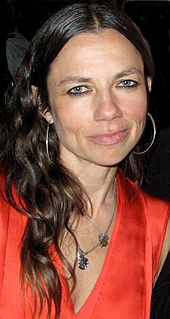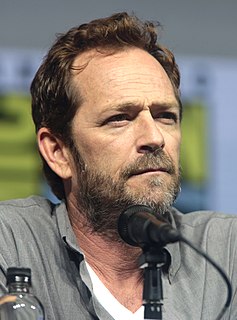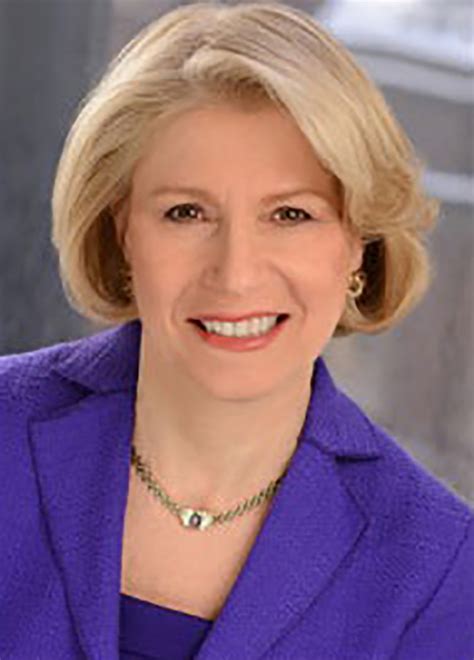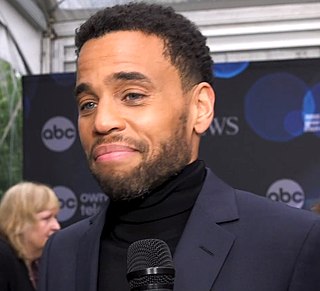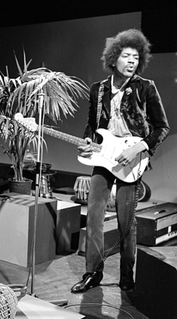A Quote by Zoe Kravitz
I've stayed away from doing 'urban film' because I just don't relate to the characters. I'm not going to take a role because I happen to have the same skin color.
Related Quotes
I'm obviously nervous and excited to take on this opportunity but I don't feel added pressure being the first black Bachelorette, because to me I'm just a black woman trying to find love. Yes, I'm doing on this huge stage, but again my journey of love isn't any different just because my skin color is.
You can rely on your team to do their jobs, but you have to carry the torch and do anything you need to, not just to shoot and finish, but to get the film seen. You have to know within yourself that you're going to have to take this. Don't sit back and think other people in your team are going to make it happen now because you've done your part. You have to carry that torch, and no one is going to care as much as you do, and nobody is going to live with it as long as you are because it's your film.
Music itself is going to become like running water or electricity. So it's like, just take advantage of these last few years because none of this is ever going to happen again. You'd better be prepared for doing a lot of touring because that's really the only unique situation that's going to be left.
Because we're becoming such an urban nation, we're going to need to be producing so much more food in cities. These institutions have members, obviously. They have the resources to start projects like urban farms and gardens, teaching tools, and the ability to educate their members so that they can then go home and start their own urban gardens. I just really think that faith-based institutions can take the lead in creating community-based food systems, and I'd really like to see that happen.
If you're the person living closest to the parent who's going to need help, and you take on the whole role of primary caregiver, you can be pretty sure your sibling who lives farthest away is going to call you and say, 'You don't know what you're doing.' Because they're not on the spot, and they probably feel guilty.
That's another great thing about Think Like a Man picture. The cast is predominantly African-American, but color is never really an issue in the film. It's rarely brought up since, at the end of the day, these guys are going through universal relationship issues that anybody can relate to. So, while the characters like "The non-committer," "The Player," and "The Dreamer" might be recognizable as common stereotypes, color isn't involved.
When you're doing a film and the majority of the film is cast black, for me, it's most important to get people to view those movies as just movies, as just good movies. At the end of the day, regardless of the color of the cast, we're all doing the same thing in this business: trying to make a good film.





